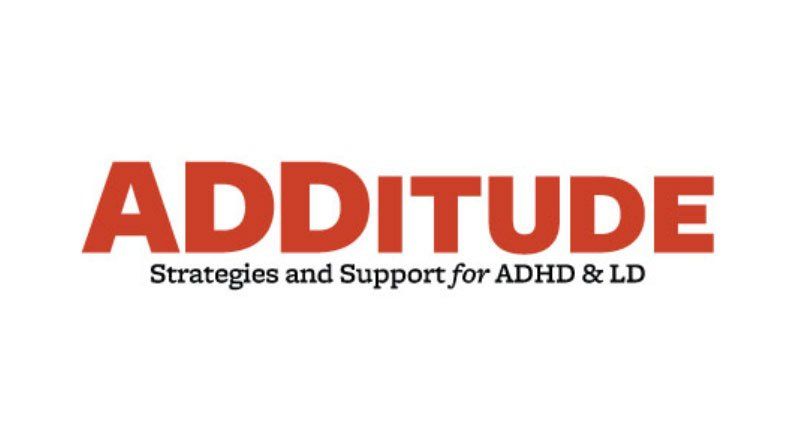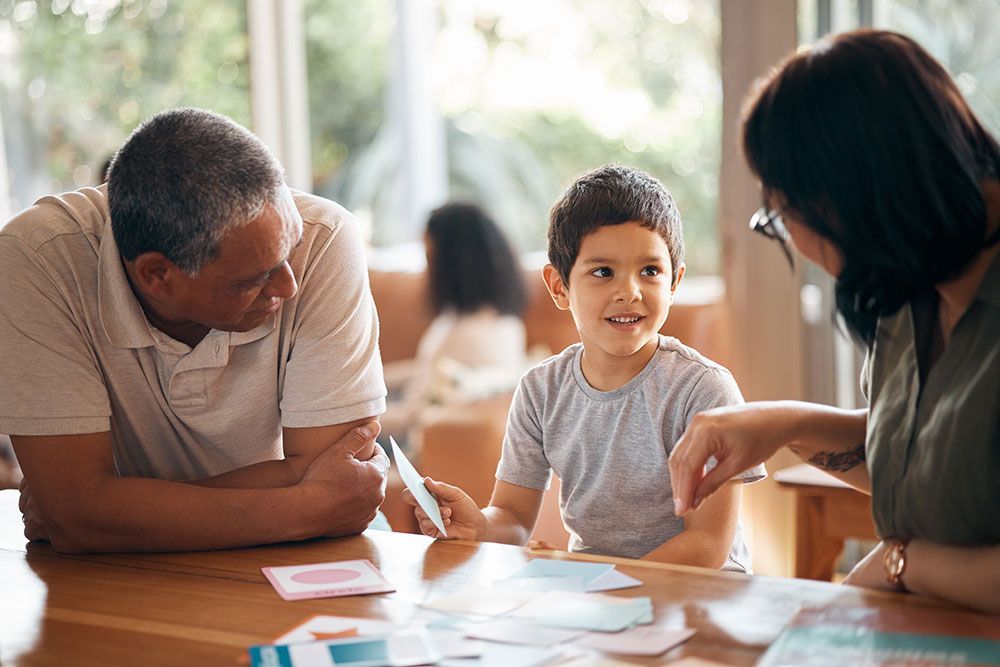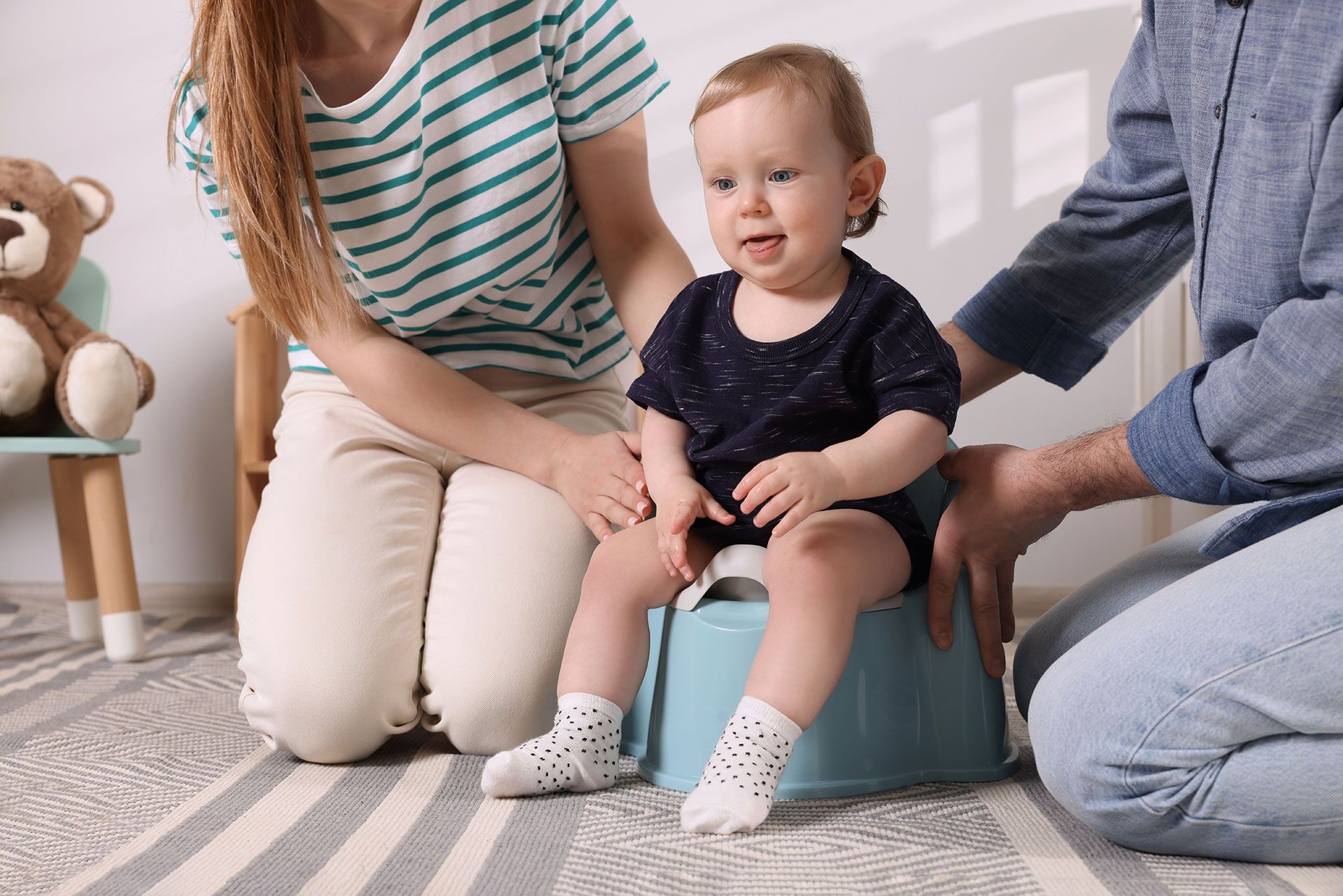The Right Questions to Ask During (and After) an ADHD Diagnosis

ADHD is a neurotransmitter disorder that can negatively affect an individual's cognitive, behavioral, emotional, social, and executive skills functioning. This may cause poor attention and working memory skills, impulsivity, hyperactivity, difficulty making and maintaining friendships, poor emotional regulation and anger outbursts, poor organizational, planning and time management skills. Lack of these skills may undermine academic and vocational performance.
An extensive neuropsychological evaluation is necessary to accurately identify how this disorder has affected each individual so that the person’s specific set of issues can be addressed in an individualized treatment plan by a team of professionals.
The Woodlands Behavioral Health and Wellness Center has neuropsychologists and pediatric psychologists trained to administer these comprehensive evaluations and a team of psychologists, adult child and adolescent psychiatrists, licensed professional counselors and executive skills coaches to treat the specific issues identified in the evaluation.
Please join in on this free webinar presented by Dr. Norrine Russell on September 15th!
EXPERT: Norrine Russell, Ph.D.
DATE & TIME: Thursday, September 15 @ 1pm U.S. Eastern Time
(12pm CT; 11am MT; 10am PT) | Find it in your time zone >
Getting an ADHD evaluation can be both time-intensive and expensive, so it’s important to be educated about what options exist, what to expect during the process, and what to ask the professionals. In this webinar, parents will learn the key questions they need to ask before, during, and after an ADHD assessment and diagnosis.
In this webinar, you will learn:
- Why it’s critically important for parents to become educated about best practices for diagnosing and treating childhood ADHD
- The main reasons for confusion about who to see and when to see them in the case of concern about ADHD
- The lists of questions you should have prepared for the first appointment for the evaluation and for the feedback session
- What to know about follow-up appointments with each member of your child’s ADHD team and what questions to ask every three months, every six months, and annually

Click here to visit our website to learn more about what we treat, our services, and our treatment team!
We also offer a complimentary consultation. Give us a call at 281-528-4226 to learn more!

Is your teen going off to college? Do they need help? Are you worried for them?
Check out our blog post on helping teens with ADHD (or without) transition to college! Click here!








